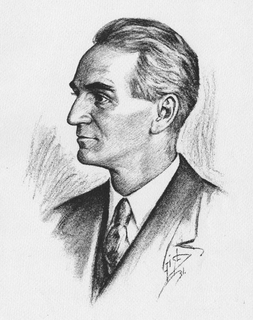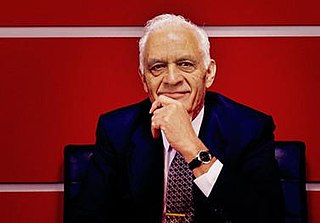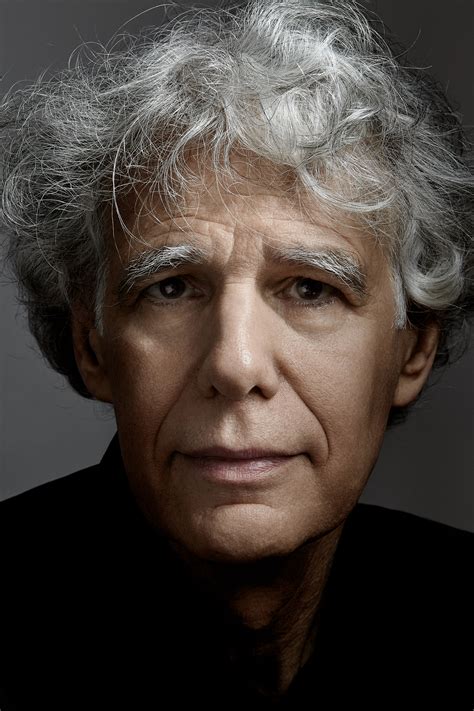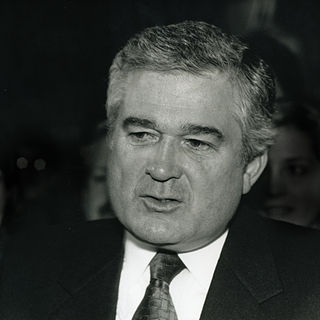A Quote by Jim Rohn
Be brief on the logic and reason portion of your presentation. There are probably about a thousand facts about an automobile, but you don't need them all to make a decision. About a half dozen will do.
Related Quotes
I don't like realism. We already know the real facts about li[fe], most of the basic facts. I'm not interested in repeating what we already know. We know about sex, about violence, about murder, about war. All these things, by the time we're 18, we're up to here. From there on we need interpreters. We need poets. We need philosophers. We need theologians, who take the same basic facts and work with them and help us make do with those facts. Facts alone are not enough. It's interpretation.
When someone says "that resonates with me" what they are saying is "I agree with you" or "I align with you." Once your ideas resonate with an audience, they will change. But, the only way to have true resonance is to understand the ones with whom you are trying to resonate. You need to spend time thinking about your audience. What unites them, what incites them? Think about your audience and what's on their mind before you begin building your presentation. It will help you identify beliefs and behavior in your audience that you can connect with. Resonate with.
You always, I think, debate with yourself about whether or not you made the right decision. And you have to then give the person that you’re working for - in my instance, the president - your best judgment based on your understanding of the facts, but also the calculus you use to make a determination about what’s the best way to go forward.
We're still missing about a dozen vaccines that will make a huge difference. For adults, we've got HIV and TB are still huge; for kids malaria is still killing a half million kids a year out of that 6 million. We probably need some vaccines, but we need a little more data to make sure we're getting the vaccines that will save the most lives.
Generally the reason they fail in the job is, you made some mistake in the hiring process in that you didn't match... them to the needs of your company accurately enough. That's the #1 reason this fails. And that's generally a good place to start: Here's where we are and here's what I didn't recognize about us and about you when I made the decision, and now it is what it is.


































